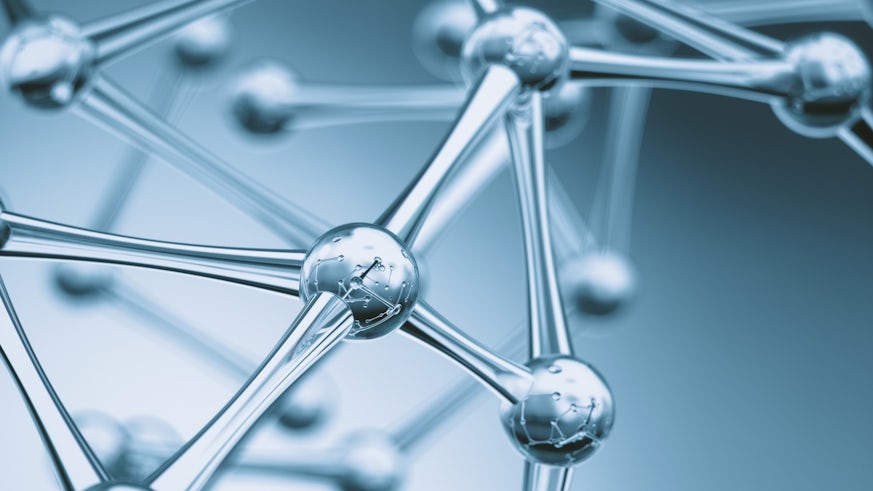Platinum breakthrough for cleaner and cheaper catalysts
15 October 2019

Scientists have developed a new way of significantly reducing the amount of platinum used in catalysts, opening up a much cheaper and cleaner ways of producing a whole host of commodity chemicals and fuels.
Though present in a whole host of catalysts used to speed up chemical reactions in industrial processes, platinum is an extremely expensive metal that produces harmful by-products.
Catalysis is the process of increasing the rate of a chemical reaction and is widely used in industry to produce products in a much quicker and more efficient way, with the global catalysis market valued at more than $25 billion.
In a new study published in the journal Nature Catalysis, the team from the Cardiff Catalysis Institute has shown how catalysts with just one-tenth of the amount of platinum can be created without sacrificing performance.
Furthermore, the catalyst can perform with unprecedented selectivity meaning less waste products are produced.

By using just a small proportion of the typical platinum, we have substantially reduced the cost of making this catalyst without sacrificing the performance. Indeed, 10% of the metal used, the catalyst is either equally active or else even more active than the current commercial catalyst.
The research focussed solely on the control and manipulation of platinum nanoparticles – tiny particles that measure between 1 and 100nm. These metal nanoparticles are widely used by industries as innovative catalysts to produce bulk chemicals like polymers, petrol, diesel and pharmaceutical products.
In their study the team developed a simple heat treatment technique that manipulated the structural characteristics of platinum nanoparticles that were placed on top of a titania support. This in turn made the specific site where the catalytic activity occurs much more active.
“Simply by optimising very standard preparation parameters we show how it is possible to manipulate the structural characteristics of platinum nanoparticles to produce a highly active and selective catalyst,” Dr Sankar continued.
“In turn we substantially reduced the cost of making this catalyst without compromising the performance.”
The research was led by Cardiff Catalysis Institute in collaboration with scientists from Lehigh University, Jazan University, Zhejiang University, Glasgow University, University of Bologna, Research Complex at Harwell (RCaH) and University College London.
Share this story
The School tackles the important scientific challenges of the 21st century which is the focus of its internationally leading research and education.




